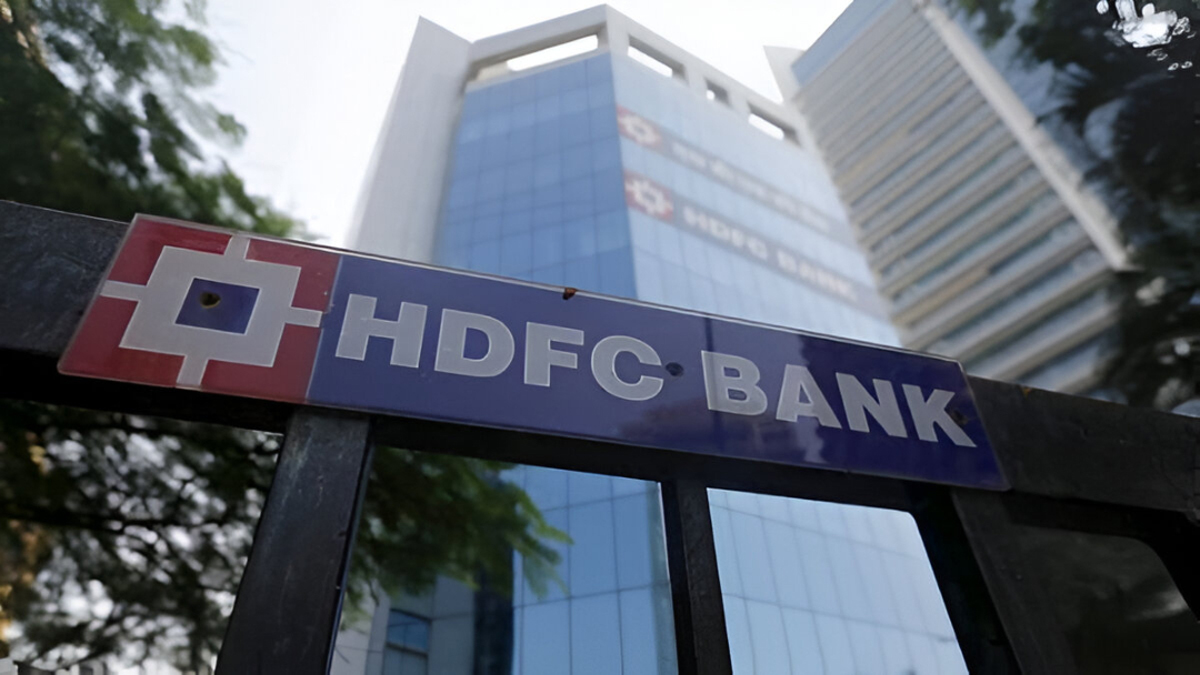Now Reading: Will 8th Pay Commission Double Your Salary? Check Projected Hikes Across Pay Grades
-
01
Will 8th Pay Commission Double Your Salary? Check Projected Hikes Across Pay Grades
Will 8th Pay Commission Double Your Salary? Check Projected Hikes Across Pay Grades

The anticipation surrounding the 8th Pay Commission continues to build among over 1 crore central government employees and pensioners. While the government officially approved the formation of the commission in January 2025, the exact terms of reference, appointment of members, and the final recommendations are still awaited. The biggest question on everyone’s mind is: Will the 8th Pay Commission genuinely double salaries, and what kind of hikes can different pay grades expect?
The All-Important Fitment Factor: Key to Salary Revisions
At the heart of any pay commission’s recommendations lies the ‘fitment factor’. This multiplier is applied to an employee’s existing basic pay to determine their new basic pay. Under the 7th Pay Commission, this factor was set at 2.57. For the 8th Pay Commission, various reports and expert opinions suggest a fitment factor ranging from 1.92 to 2.86.
If a fitment factor of 2.0 were to be adopted, it could indeed result in a near doubling of the basic pay. However, a more optimistic scenario with a fitment factor of 2.86 is also being discussed, which could lead to an even more substantial increase. Conversely, a more conservative fitment factor like 1.92 would result in a lower, though still significant, hike.
Projected Hikes Across Pay Grades: A Look at the Numbers
While official figures are yet to be released, preliminary estimates based on the speculated fitment factors offer a glimpse into potential salary revisions across different pay levels. It’s important to remember these are projections and the final amounts may vary.
Here’s a breakdown of projected increases, often assuming a fitment factor closer to the higher end of the speculation (e.g., 2.86), or considering more moderate scenarios as well:
- Minimum Basic Pay: Under the 7th Pay Commission, the minimum basic pay was set at ₹18,000. If a fitment factor of 2.86 is approved, the minimum basic salary could potentially jump to around ₹51,480. Even with a more conservative fitment factor of 2.0, the minimum basic pay could rise to ₹36,000.
- Lower Pay Grades (e.g., Level 1, 2, 3): These levels are often the focus for a more significant percentage increase to ensure equitable distribution and improve the financial standing of lower-paid employees.
- Level 1 (Current Basic Pay: ₹18,000): With a fitment factor of 1.92, the projected basic pay could be around ₹34,560. Including allowances, the net salary could be approximately ₹52,898, representing a substantial jump.
- Level 2 (Current Basic Pay: ₹19,900): A fitment factor of 1.92 could see the basic pay rise to around ₹38,208, with a gross monthly salary potentially reaching ₹70,506.
- Level 3 (Current Basic Pay: ₹21,700): If a fitment factor of 2.86 is applied, the basic pay could increase to ₹62,062.
- Mid-Level Pay Grades (e.g., Level 6, 9):
- Level 6 (Current Basic Pay: ₹35,400): Projections suggest the basic pay could reach ₹93,708 (with a higher fitment factor), leading to a gross monthly pay of around ₹1,19,798 and a net take-home of approximately ₹1,09,977.
- Level 9 (Current Basic Pay: ₹53,100): The basic salary could increase to ₹1,40,220, with gross and net salaries also seeing considerable increments.
- Higher Pay Grades (e.g., Level 10 to 18 for IAS/IPS/IFS/IRS officers): While the percentage increase might appear lower at higher levels, the absolute increase in salary will still be significant. For instance:
- Level 10 (Entry-Level Officer): Current basic pay of ₹56,100 could potentially rise to ₹1,12,200 with a 2.0 fitment factor, or even higher with a 2.50 fitment factor at ₹1,40,250.
- Level 14 (Joint Secretary): A current basic pay of ₹1,44,200 could see a projected increase to approximately ₹1,73,040 (based on a more moderate 20% increase for higher levels).
Beyond Basic Pay: Allowances and Deductions
It’s crucial to remember that the final take-home salary isn’t just about the basic pay. Allowances like Dearness Allowance (DA), House Rent Allowance (HRA), and Travel Allowance (TA) also play a significant role.
- Dearness Allowance (DA): The 8th Pay Commission is expected to address the Dearness Allowance, which is revised twice a year to offset inflation. There’s also speculation about a potential merger of DA with the basic salary, which would increase the base for future calculations, though DA hikes would then start from zero.
- House Rent Allowance (HRA) and Travel Allowance (TA): These allowances are also likely to be revised, linked to the new basic pay and varying based on city classification and travel requirements.
- Deductions: Contributions to the National Pension System (NPS) and the Central Government Health Scheme (CGHS) are linked to basic pay and DA, so these deductions will also increase proportionally with salary revisions.
Implementation Timeline and Challenges
While the expected implementation date for the 8th Pay Commission has been pegged at January 1, 2026, there are concerns about potential delays. The commission is yet to be formally constituted with its full panel and terms of reference. Historical precedents show that it often takes a considerable time for a pay commission to submit its report and for the government to implement its recommendations.
Employee unions have already voiced concerns about the delay and are pushing for interim relief. Fiscal constraints and balancing other government expenditures could also influence the final recommendations and the timeline of implementation.
Conclusion
The 8th Pay Commission holds the promise of substantial financial improvements for central government employees and pensioners. While a complete doubling of salary for all may depend on the final fitment factor and individual pay grades, significant hikes are indeed projected across the board. Employees and pensioners will be keenly watching for the official announcements and the detailed recommendations of the commission to understand the full impact on their take-home pay and pension benefits. The goal remains to ensure fair remuneration that keeps pace with economic conditions and the cost of living.










